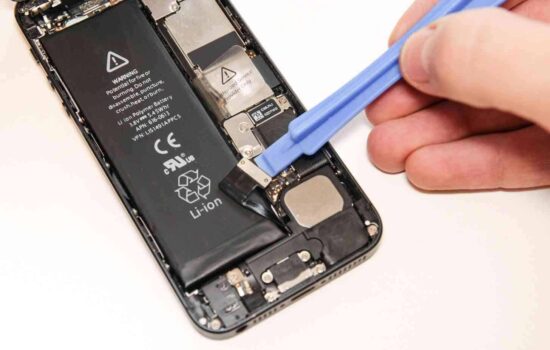Safari is a stable and secure browser, although it sometimes becomes vulnerable to attacks. One of the common attacks you may experience is Bing appearing to redirect you without your permission. A browser hijacker, a malicious program, is often responsible for this. It gets into your Safari when you download free apps.
You can also experience it when you install updates and extensions from infected sources. You cannot remove Safari and reinstall it to get rid of this hijacker. However, you can remove suspected software, extensions, and install antivirus software.
Overview of a browser hijacker
Many people view a browser hijacker as a common virus, but it is not. It is a unique malware that automatically installs itself under the right conditions. These conditions range from free software downloads to allowing fake updates and clicking fake links. Once self-installed, the malware takes control of your Safari. It begins to execute commands after changing settings. The first sign is automatic redirects by Bing to websites you do not intend to visit.
If you are experiencing Chrome redirects to Bing, beware of browser hijacker malware. The Bing redirect virus is not exclusive to Windows, but Macs also get affected by it. You can experience Firefox, Safari, or even Google redirects to Bing once this hijacker gets into your browsers. Your first reaction should be how to get rid of Microsoft Bing on Mac. Moonlock cybersecurity advice removing Bing history clear all downloads, cookies, and settings. How to stop Bing redirect depends on your browser, but the easiest one is to reset the browser.
Conditions for the Bing redirect virus to enter Safari
The Bing redirect virus cannot enter Safari or Chrome for Mac if the right conditions are not met. These conditions are not limited to Safari or Chrome for Mac but apply to all browsers. Before you worry about how to remove redirect viruses, understand the following entry conditions.
- Free software downloads or downloading from unknown and suspicious sources.
- Quickly clicking installation prompts without reading the permissions you are allowing.
- Accepting updates from pop-ups without confirming their sources.
- Continually running an outdated macOS or iOS and Safari, leading to vulnerabilities.
- Opening links in emails, browsers, or attachments without checking whether they are genuine.
Avoid falling victim by being careful when clicking a link, accepting updates, or downloading software. Removing redirect Safari malware before it’s too late can save you a lot of trouble.
What is the problem with the Bing redirect virus on Safari or Chrome for Mac?
Having a Bing redirect virus on Safari or Chrome for Mac exposes you to many online problems. This malware records your browsing history, logins, and account information, and sends it to third parties. It tricks you into visiting bad websites where you could get scammed. The hijacker often installs more fake software without your permission and slows down your MacBook.
How to get rid of Bing on Chrome and Safari browsers
You will never worry about how to remove redirect viruses if you practice doing the following. Never rush to open popups, even if the warning message is too urgent to ignore. This is a common trick that hackers use to get you to open infected pop-ups. Download software from the App Store because third-party sources could be infected.
Update your Safari and other browsers, including macOS and the software you often use. Confirm whether an extension is secure before installing it. Check all permissions and uncheck those that you feel could make you vulnerable. Install a powerful antivirus to help you scan your Mac regularly and stop attacks.
How to remove redirect viruses on Safari
Removing redirect, Safari malware saves your data from theft and computer from slowing. If you experience a Bing redirect virus on Safari, follow these steps to remove it. Open Finder and click Applications to remove apps that you didn’t authorize for installation.
Open Safari and click Settings or Preferences. Open the Extensions tab and remove all extensions that you did not authorize. Return to Safari Settings and open the Homepage on the General tab. Check if settings have been changed and return them to the default.
Scan Safari and all installed browsers with a genuine antivirus program and repeat the same process on all software and macOS. Perform a full scan to let the antivirus check every component and leave your computer clean. Install the latest Mac operating system to benefit from top-notch internet security features.
Conclusion
The Bing redirect virus affects all browsers and operating systems, leading to data losses. This malware installs itself once a user meets the right conditions, like insecure downloads and updates. This hijacker shares your browsing history and information with third parties. It causes data losses, attacks, and slows your computer. Avoid software from untrusted sources and opening suspicious links. Install antivirus and update your Safari, macOS to stay secure from the hijacker.









